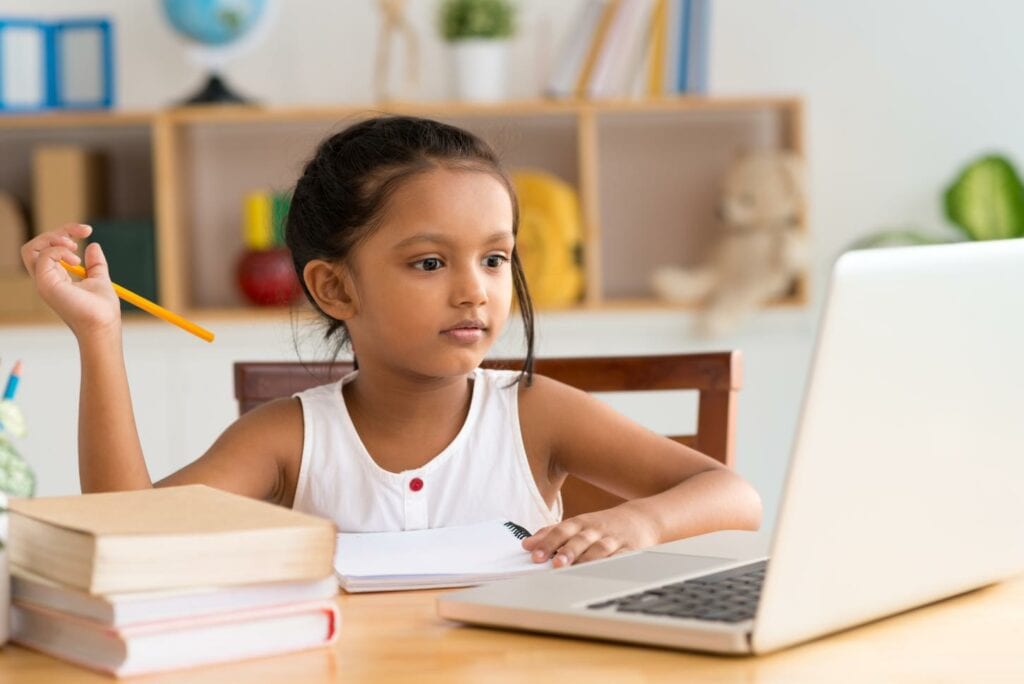
We understand that learning in the early years is crucial for a child’s development. Learning that occurs during this time sets the foundation for the rest of each child’s life.
For many children, United Lisbon is their first community outside their own families. To this end, we work in partnership with parents and caregivers to provide the best opportunity for each child’s brain to develop the connections they need to be healthy, capable, happy, and successful adults. In this discovery stage, these connections are needed to form many important, higher-level abilities like motivation, self-regulation, problem-solving and communication.
To achieve this, the learning environments at United Lisbon are purposefully planned to be safe, comfortable and stimulating places so that every child will love to come to school each day. Teachers build a trusting and caring relationship with each student so that they feel cared for and a valued member of our diverse community. We value a playful inquiry approach to learning as this is a natural way for children to build relationships with one another. Teachers and assistants continuously observe their students and offer personalized guidance throughout their learning journey.
As learners develop more complex skills and understandings, teachers and students co-design authentic, highly contextual learning units that lead to self and social awareness. United Lisbon students view themselves and the world through multiple lenses – as mathematicians, readers, writers, artists, historians, geographers, scientists and in various other roles that they play every day. Learners connect with the wider community which leads to challenging their existing perspectives to develop responsible and compassionate youth that recognize and contribute to the community.
Teachers work with each student to set goals in pursuit of their personal, social and intellectual development. As students move through the school, teachers ensure continuity so that students are more independent and inspired to contribute to their community and beyond.
A Typical Day in Early Childhood:
· Starts with circle time (welcome, morning meeting, sing, dance, build classroom community)
· Play based learning (exploring the world scientifically and socially through play and inquiry)
· Outdoor time (nature walks, playground, picnics, etc)
· Snack
· Art, Music, or Physical Education
· Sensory play (develops fine motor skills)
· Number and letter awareness
· Movement (develops gross motor skills)
· Lunch and recess
· Nap time (quiet reading or independent play if your child doesn’t nap)
· Cultural studies (songs, art, games from different cultures)
· Play based learning (dramatic play)
· Outdoor time
· Ends with closing circle (dismissal routine, goodbyes, etc)